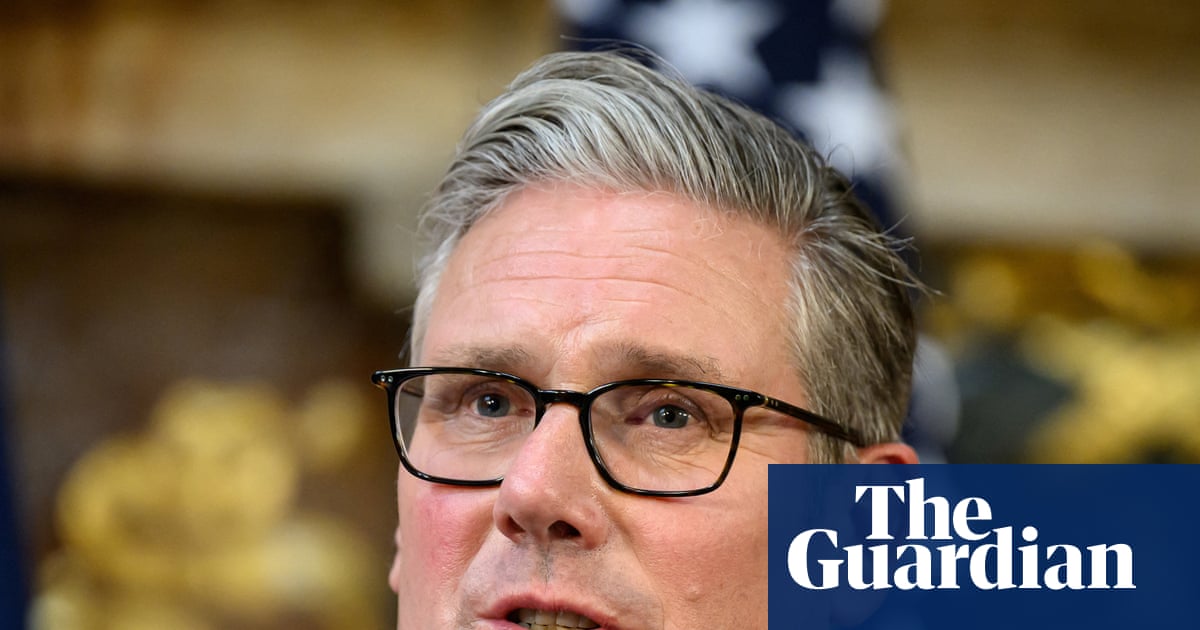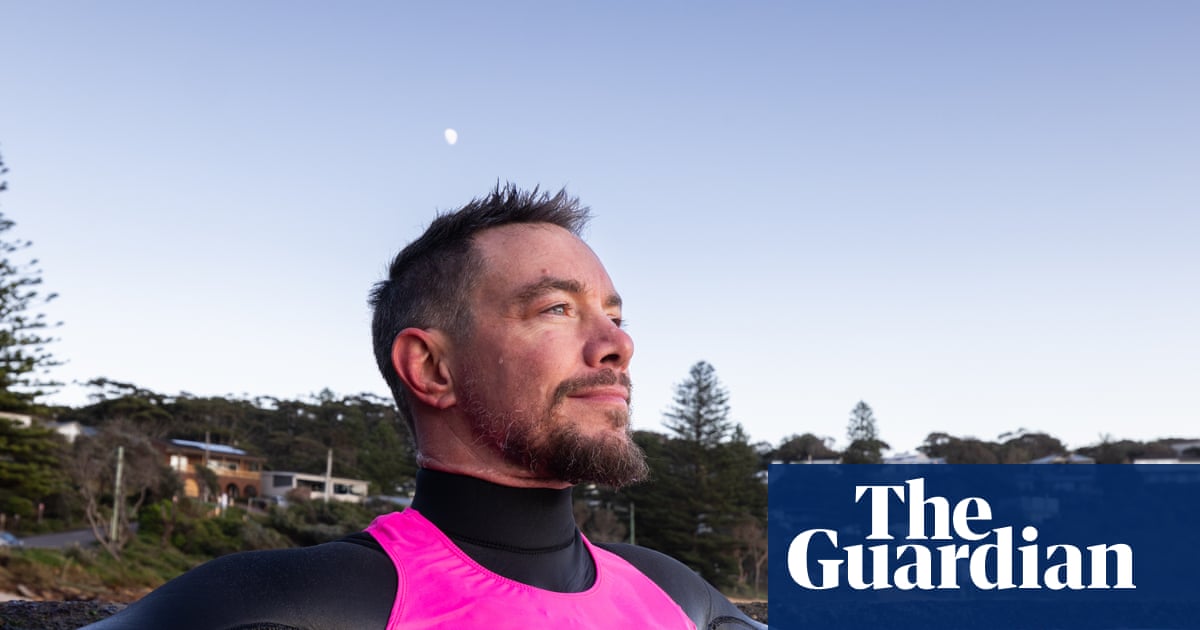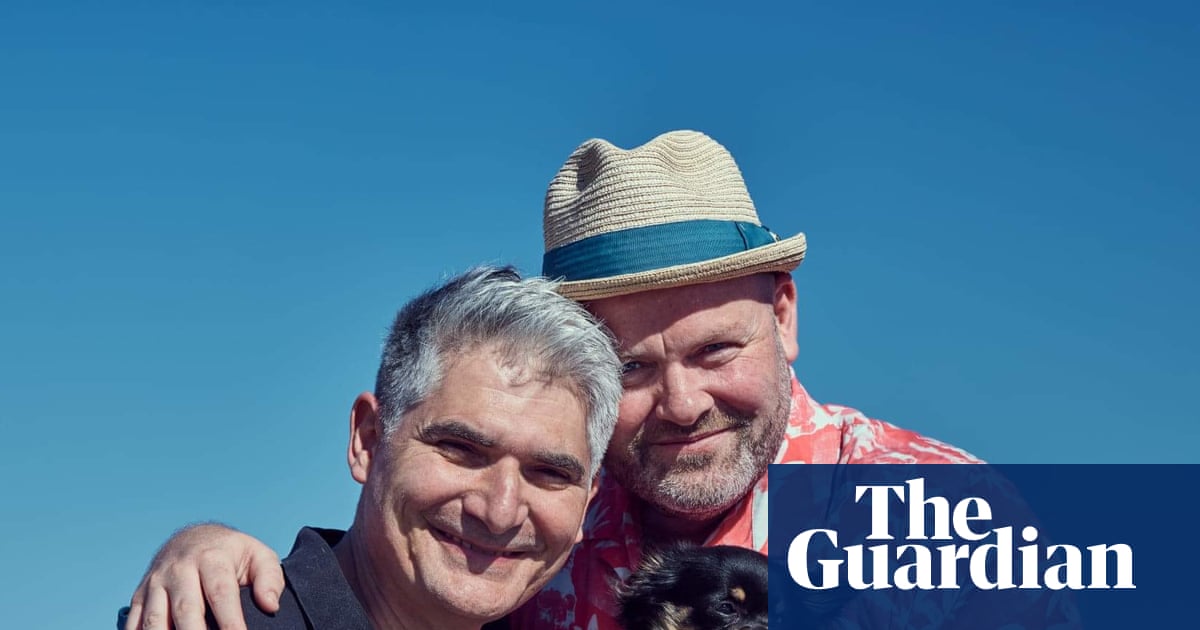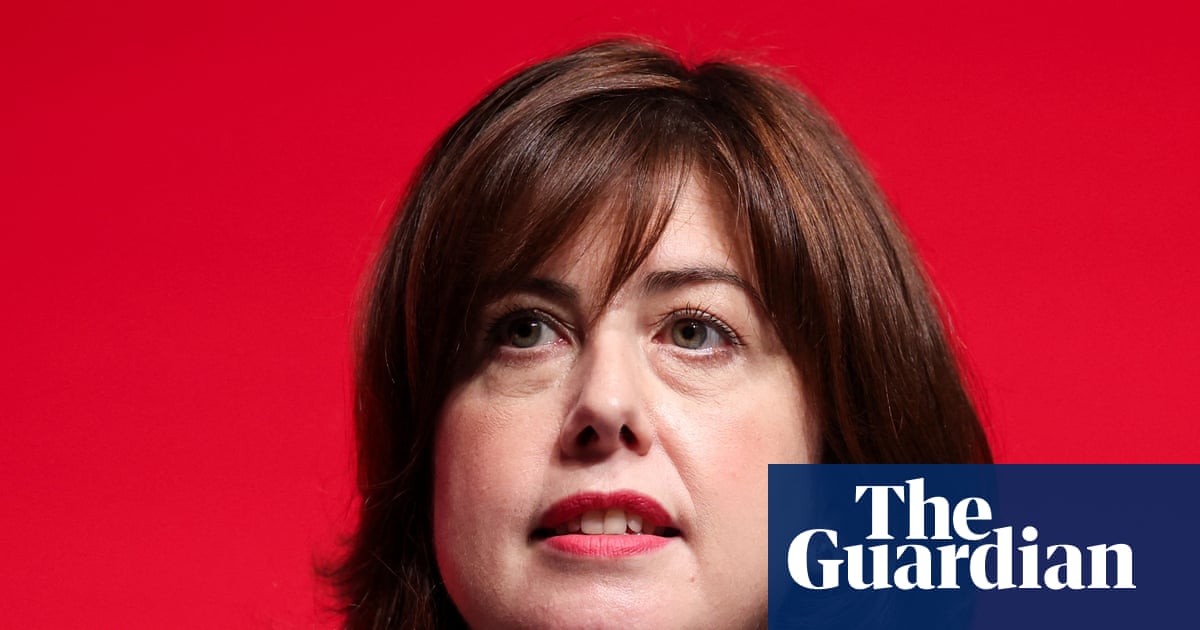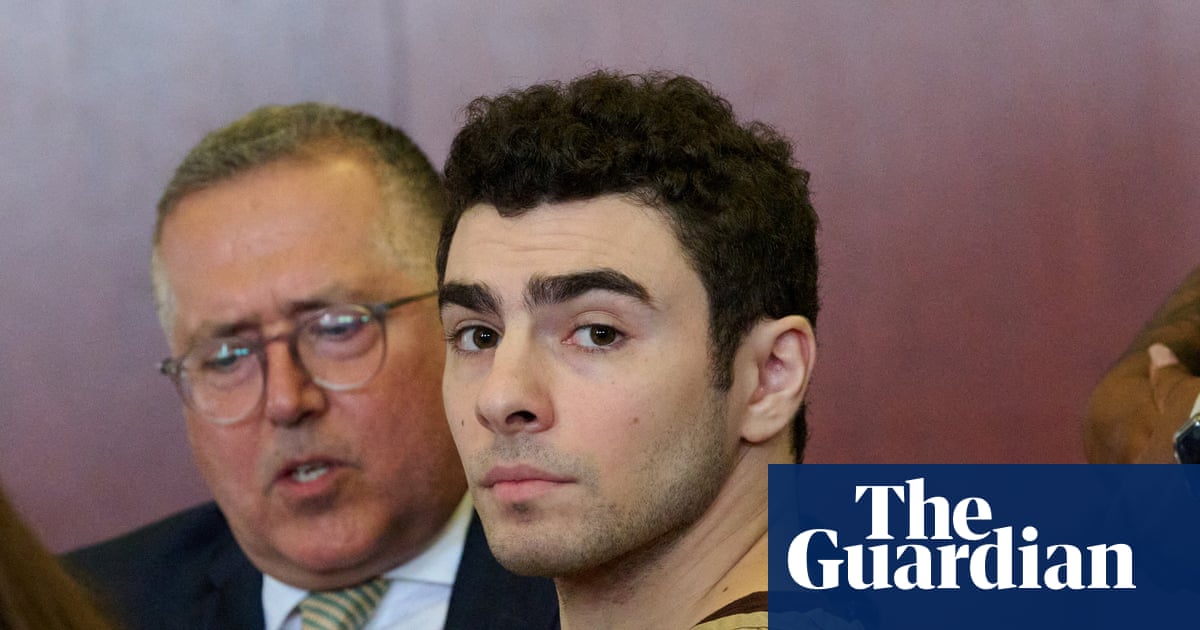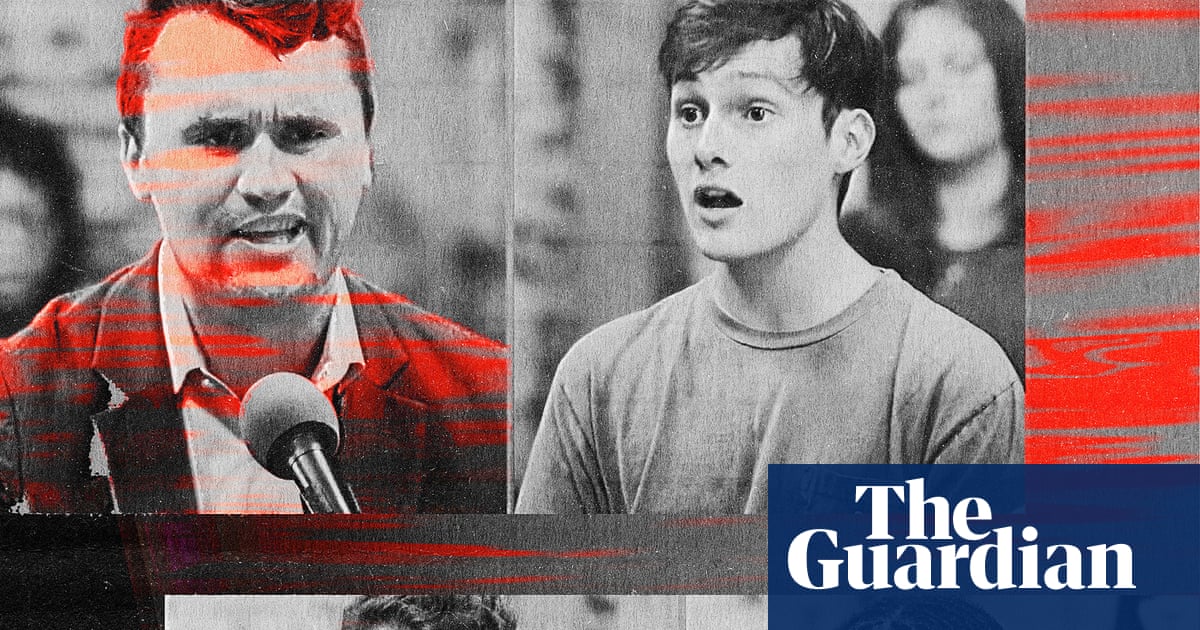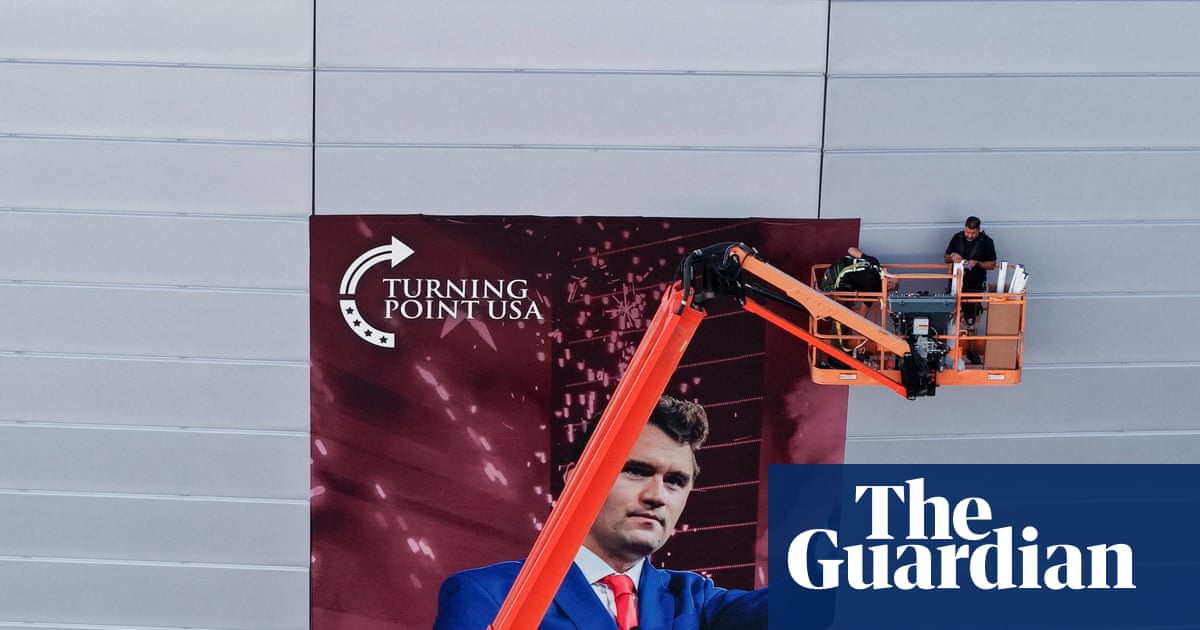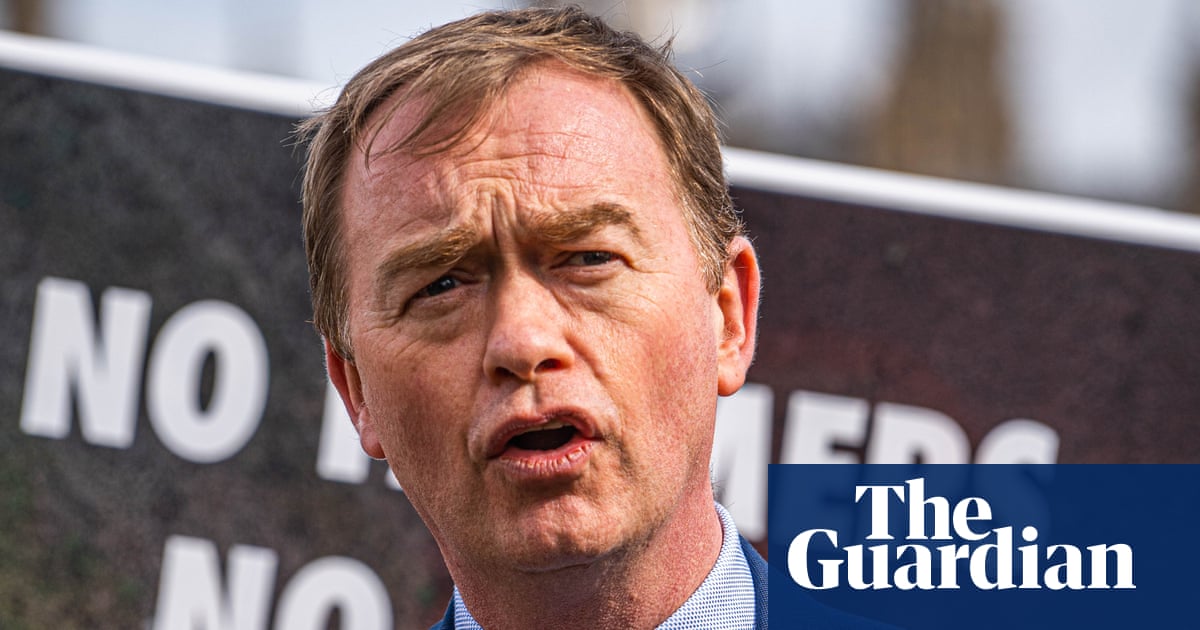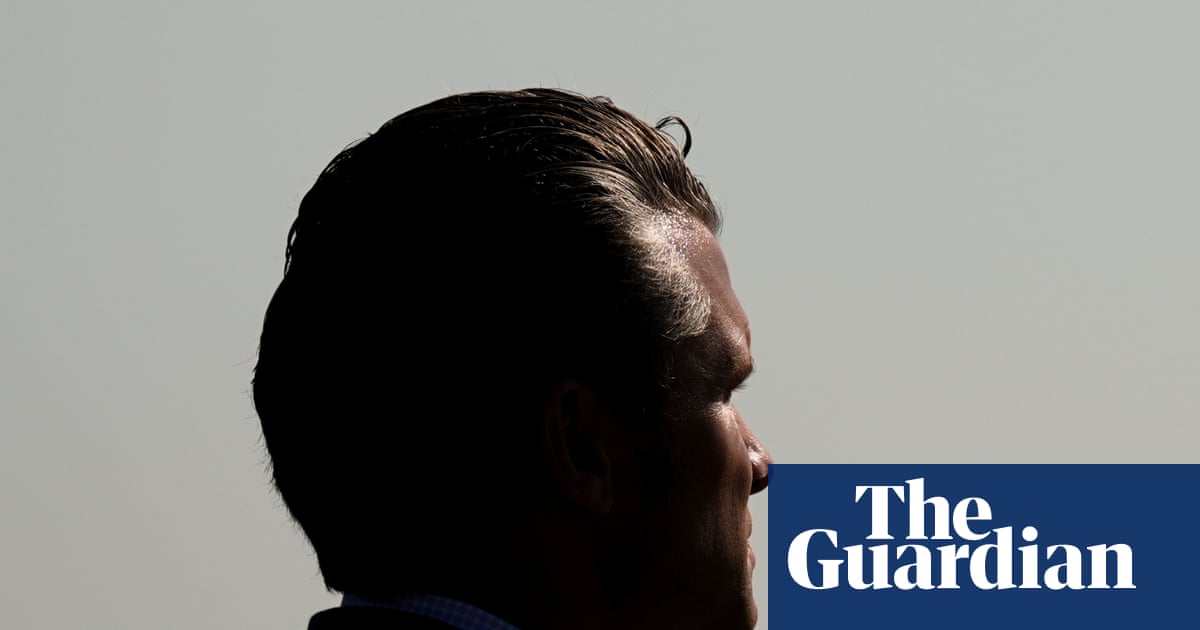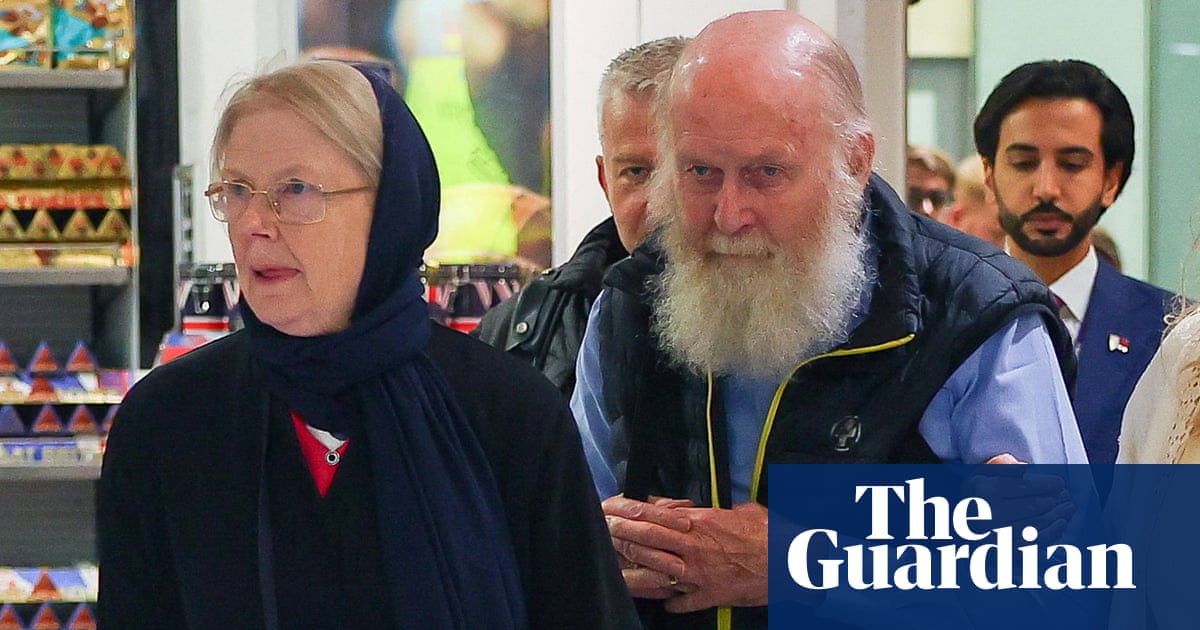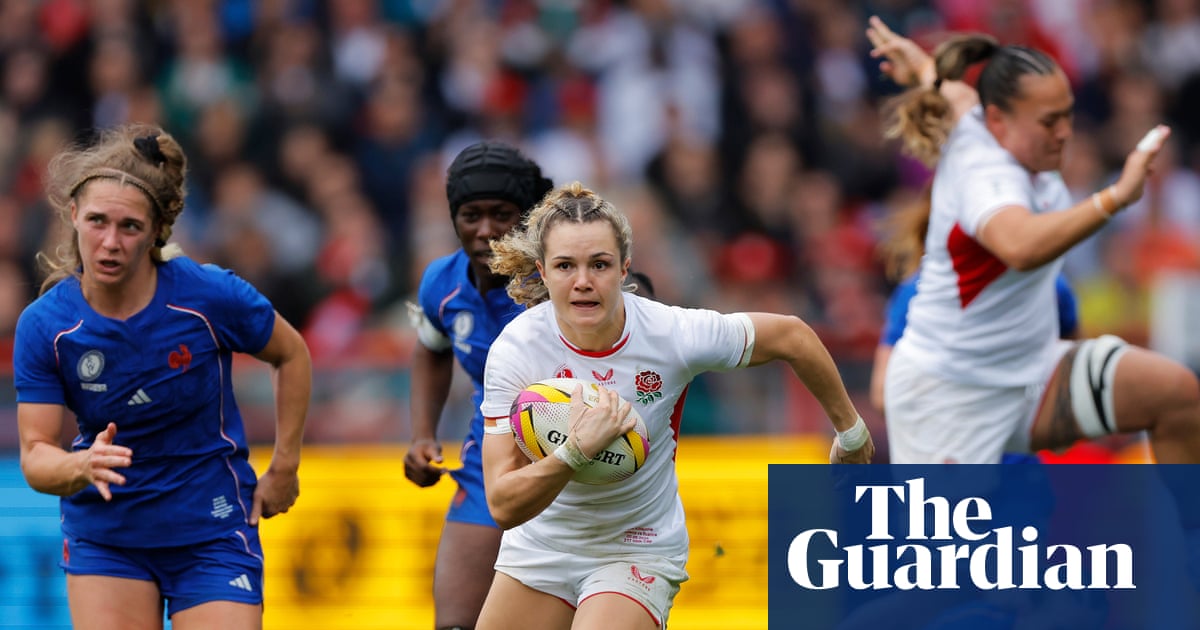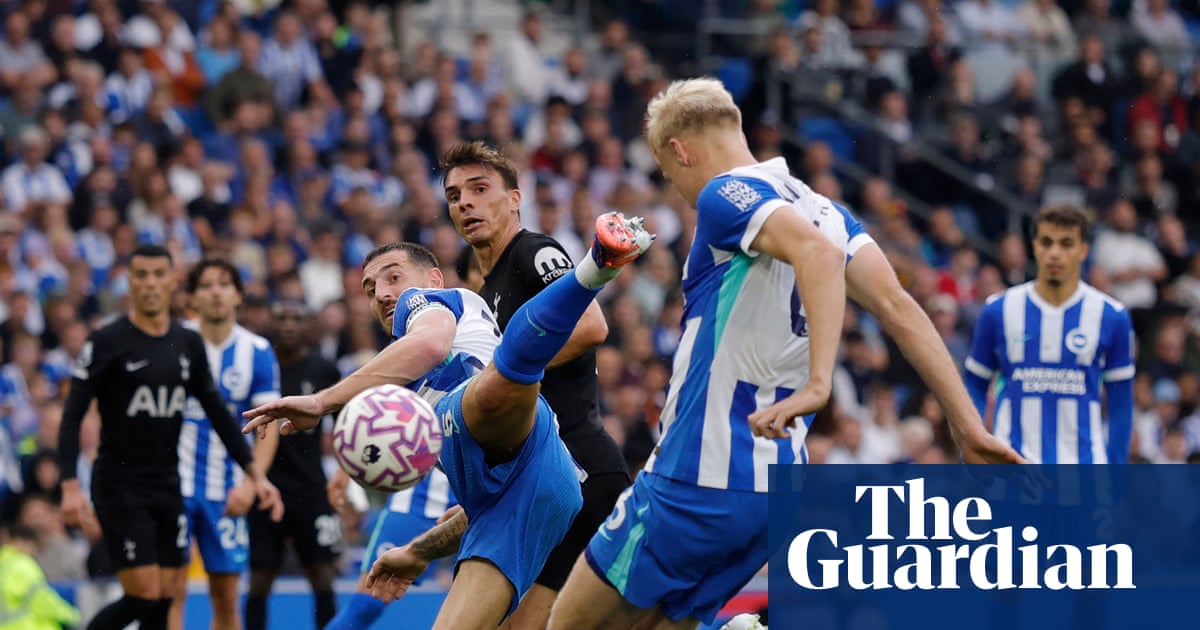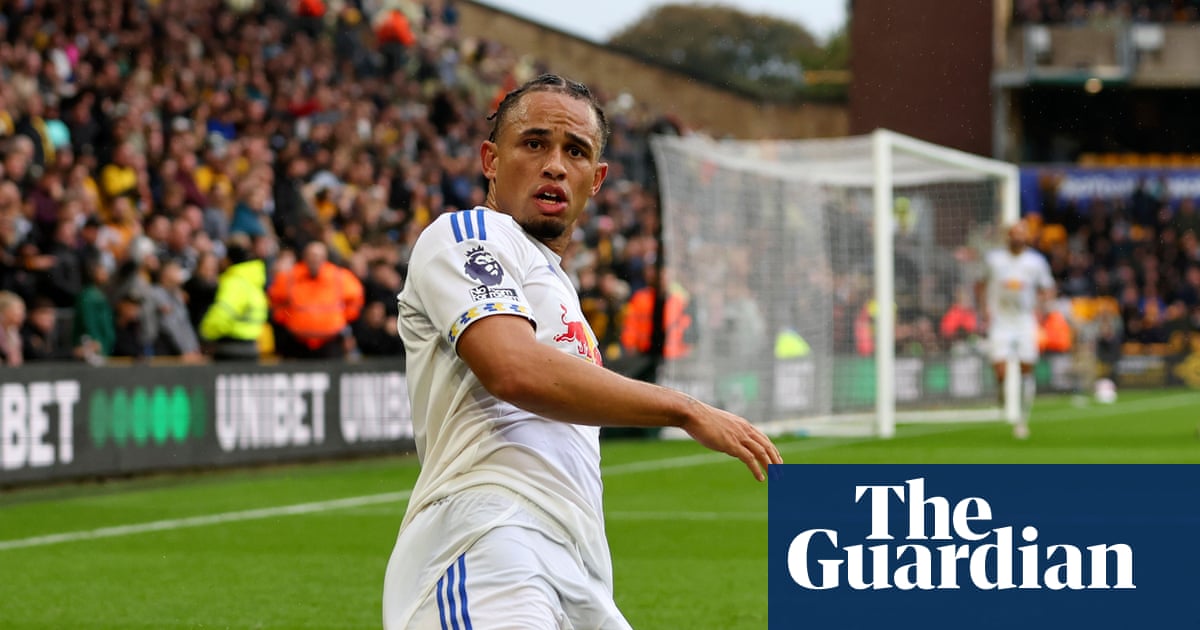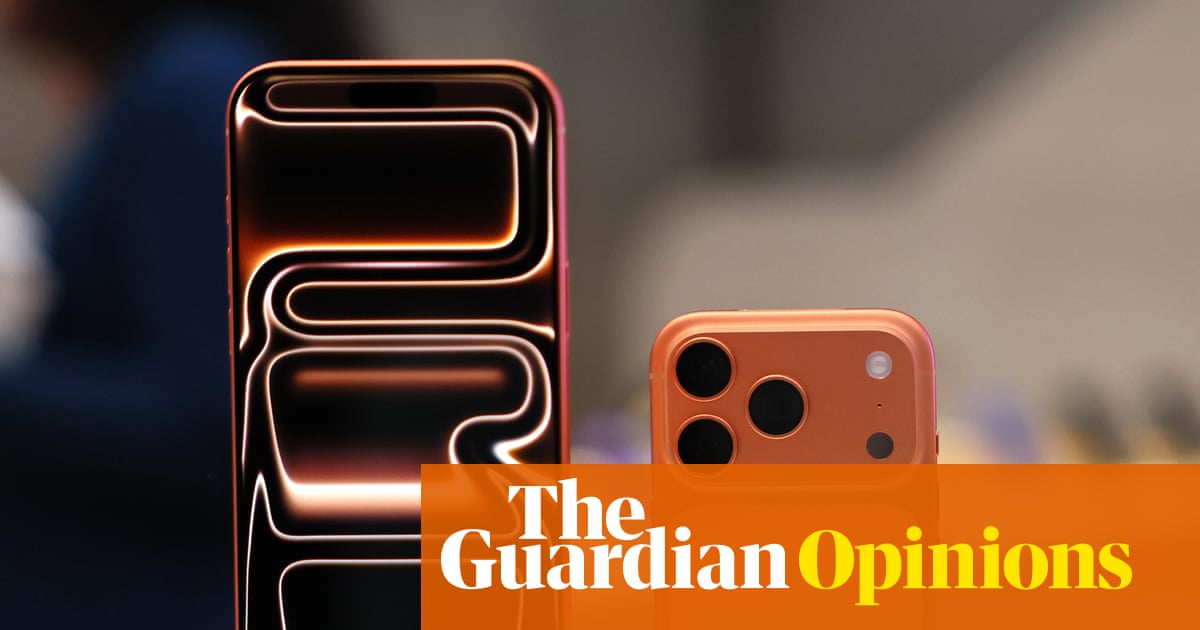The prime minister and the Duke and Duchess of Edinburgh joined survivors and emergency workers at St Paul’s Cathedral to mark the 20th anniversary of the 7 July London bombings.
Four coordinated attacks on three tube trains and a double-decker bus killed 52 people and left several hundred injured in the worst single terrorist atrocity on British soil.
Alongside Keir Starmer and the royals at the commemorative ceremony were Sadiq Khan, the mayor of London; the home secretary, Yvette Cooper; survivors, emergency responders and bereaved relatives.
Starmer and Khan laid wreaths at the 7 July memorial in Hyde Park at 8.50am on Monday, to coincide with the time that the first bomb went off.
They were joined by officials including the Metropolitan police commissioner, Mark Rowley, and the chief constable of the British Transport Police, Lucy D’Orsi, who also laid floral tributes.
Survivors and relatives of those killed in the 7 July bombings spoke during the memorial service about how the areas involved in the attacks have changed in the past 20 years. They bowed at the altar after four candles – signifying the four sites of the bombings – Russell Square, Aldgate, Edgware Road and Tavistock Square – were carried through the cathedral by emergency services representatives.
Ellie Patsalos, the wife of Prof Philip Patsalos, who lost a leg in the blast between King’s Cross and Russell Square stations, spoke about Russell Square’s history.
She said: “Here, men and women seek understanding and their search for truth challenges the ignorance which casts so much darkness over our world.”
Tony Silvestro of the British Transport Police, who was at Aldgate station on 7 October helping survivors, talked about different immigrant communities who had worked and settled in the area, saying: “Now, it is a busy crossroads of business and commerce with people of all faiths and none, trading and dealing with the rest of the world.”
Rev Julie Nicholson, the mother of Jennifer Vanda Ann Nicholson, who died aged 24, said Edgware Road had been a refuge for Huguenot migrants and had a diverse ethnic history. She said it was “cosmopolitan and proud of its ethnic mix and diverse resources”.
George Psaradakis, the driver of the number 30 bus that was blown apart in the 2005 attacks, spoke about Tavistock Square and its memorials dedicated to victims and campaigners including Gandhi.
after newsletter promotion
In between each reflection, the choir sang a short piece.
Graham Foulkes, the father of David Foulkes, who was killed in the 7 July attack at Edgware Road Station, said London has remained a place of hope through the people that live and visit the city.
He said: “These four pieces of London epitomise what is great about this city: an international crossroads of diversity and ingenuity, tolerance and respect, challenge and opportunity.
“When four bombs exploded on 7 July 2005, lives were destroyed and the flame of hope faltered for what seemed like an eternal moment.
“For many people, nothing was the same again and yet everything was the same because the good which is in Londoners and the countless visitors whom they host at any given moment is not erased by hatred or threat but, rather, is fostered to produce a harvest of hope for each generation.”

 2 months ago
44
2 months ago
44
